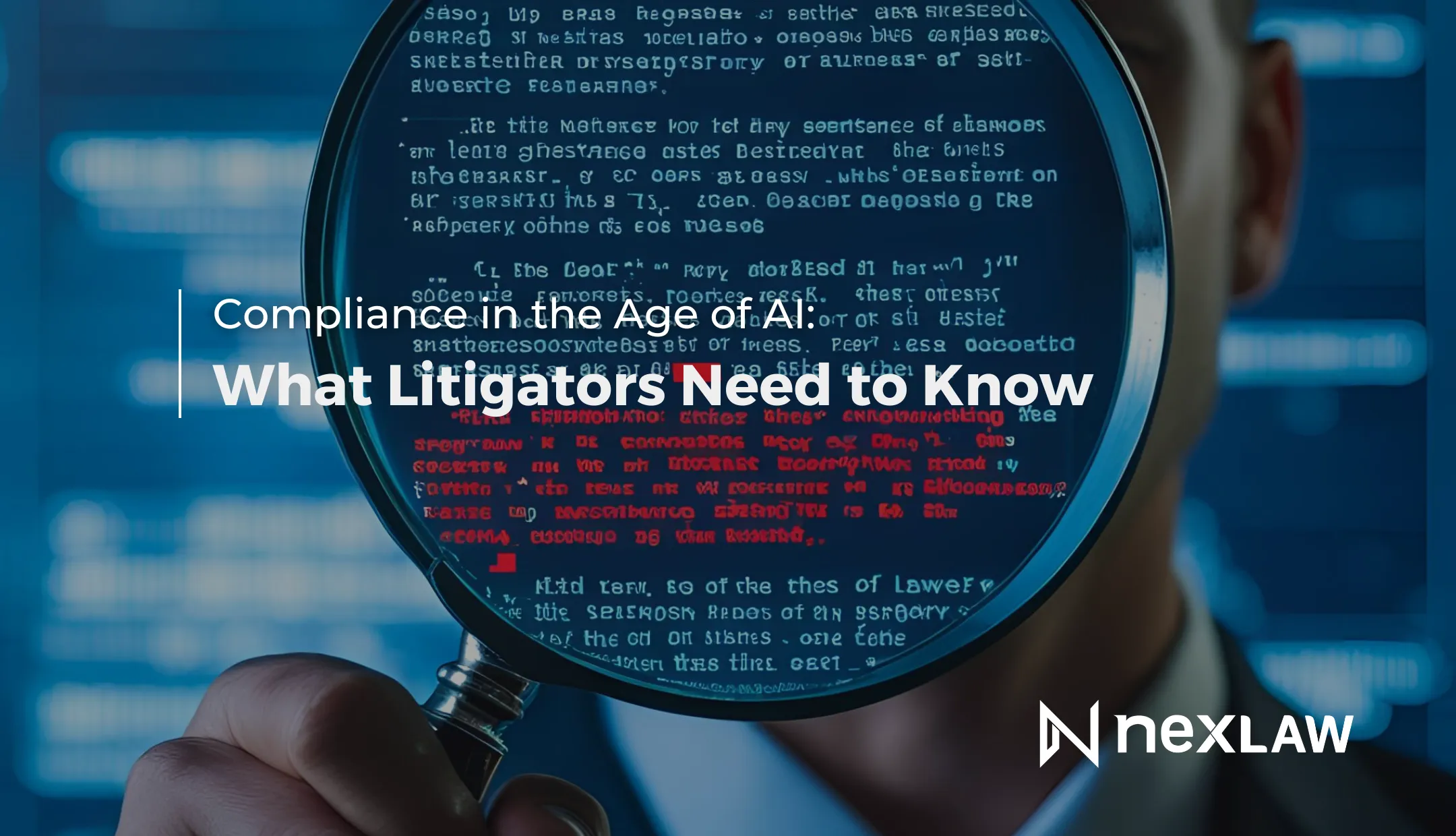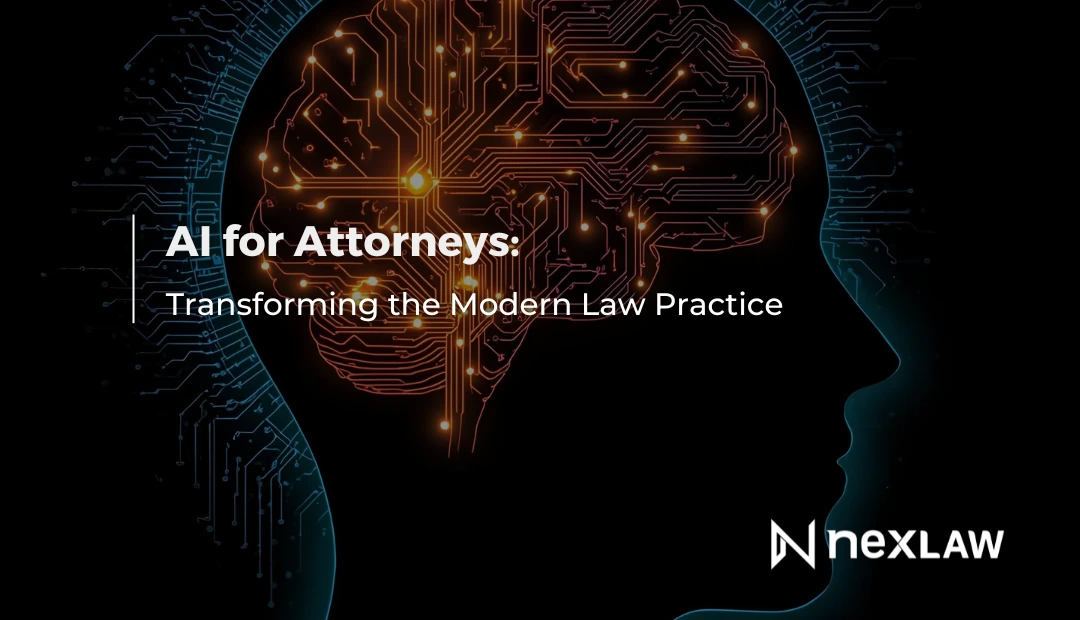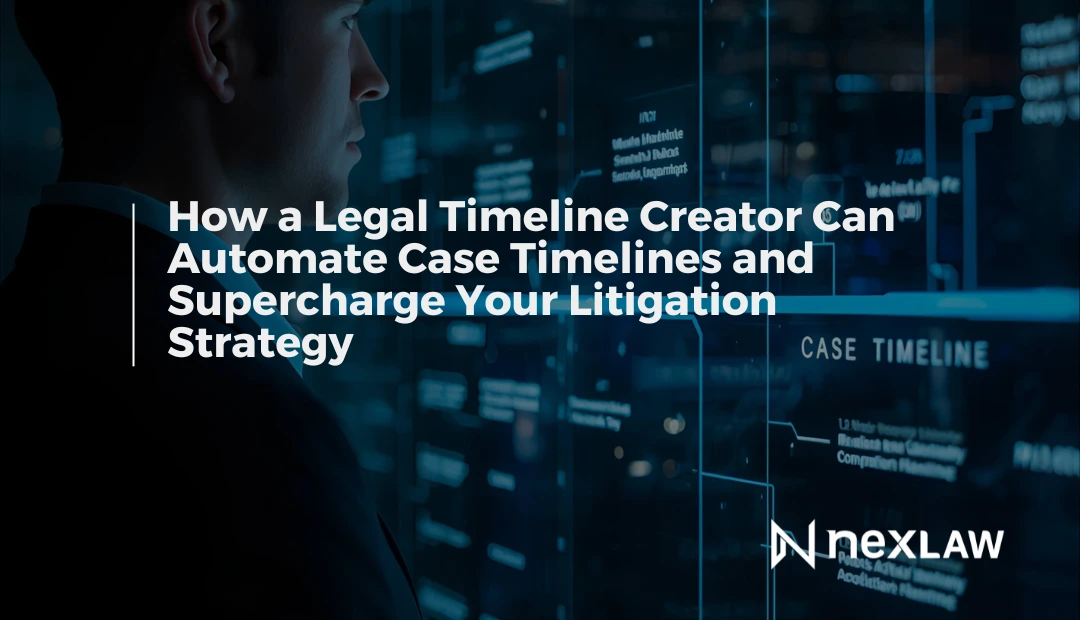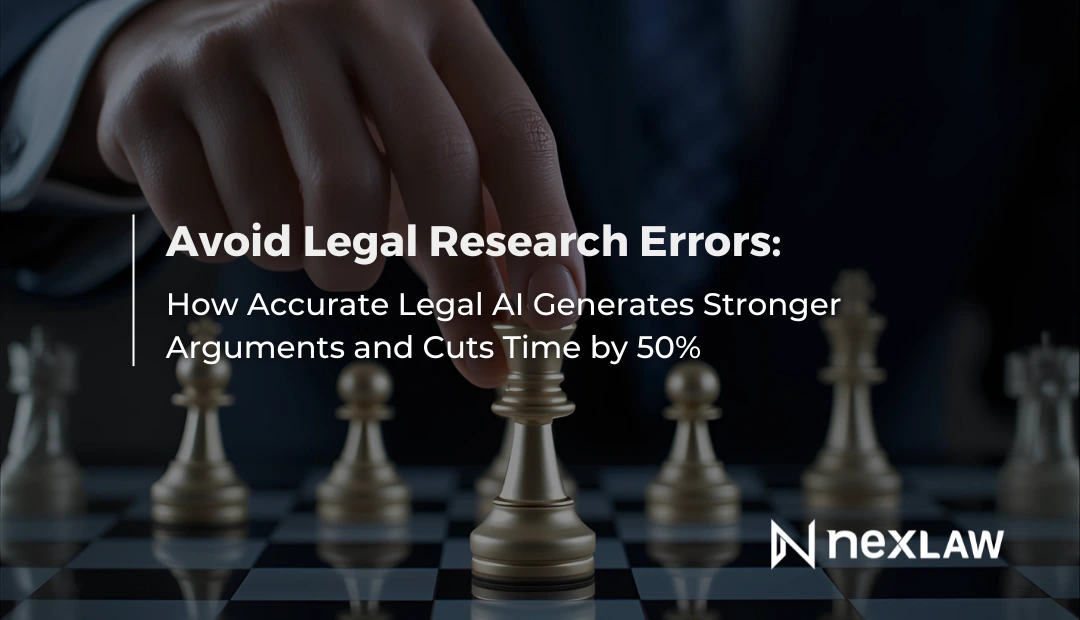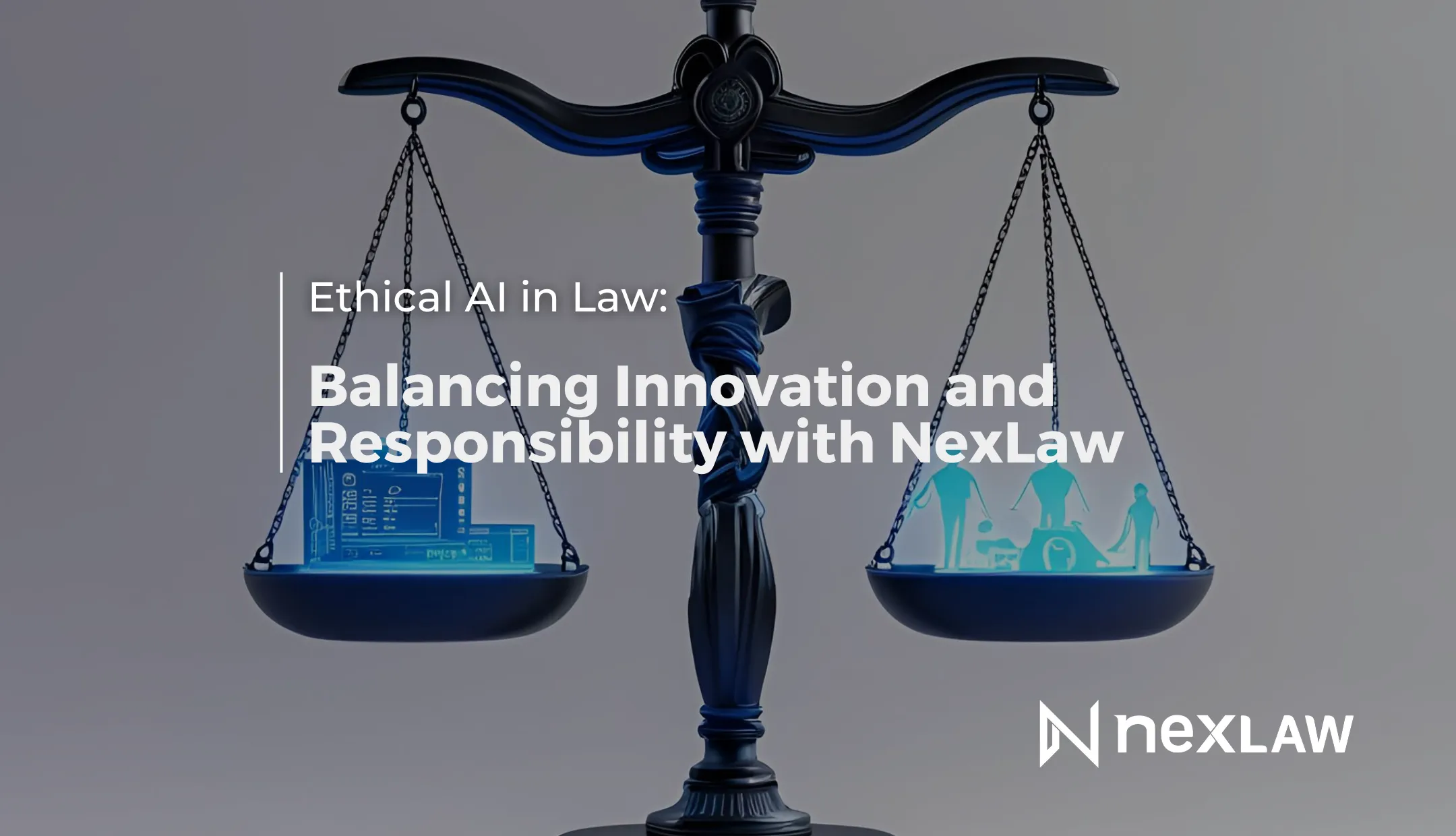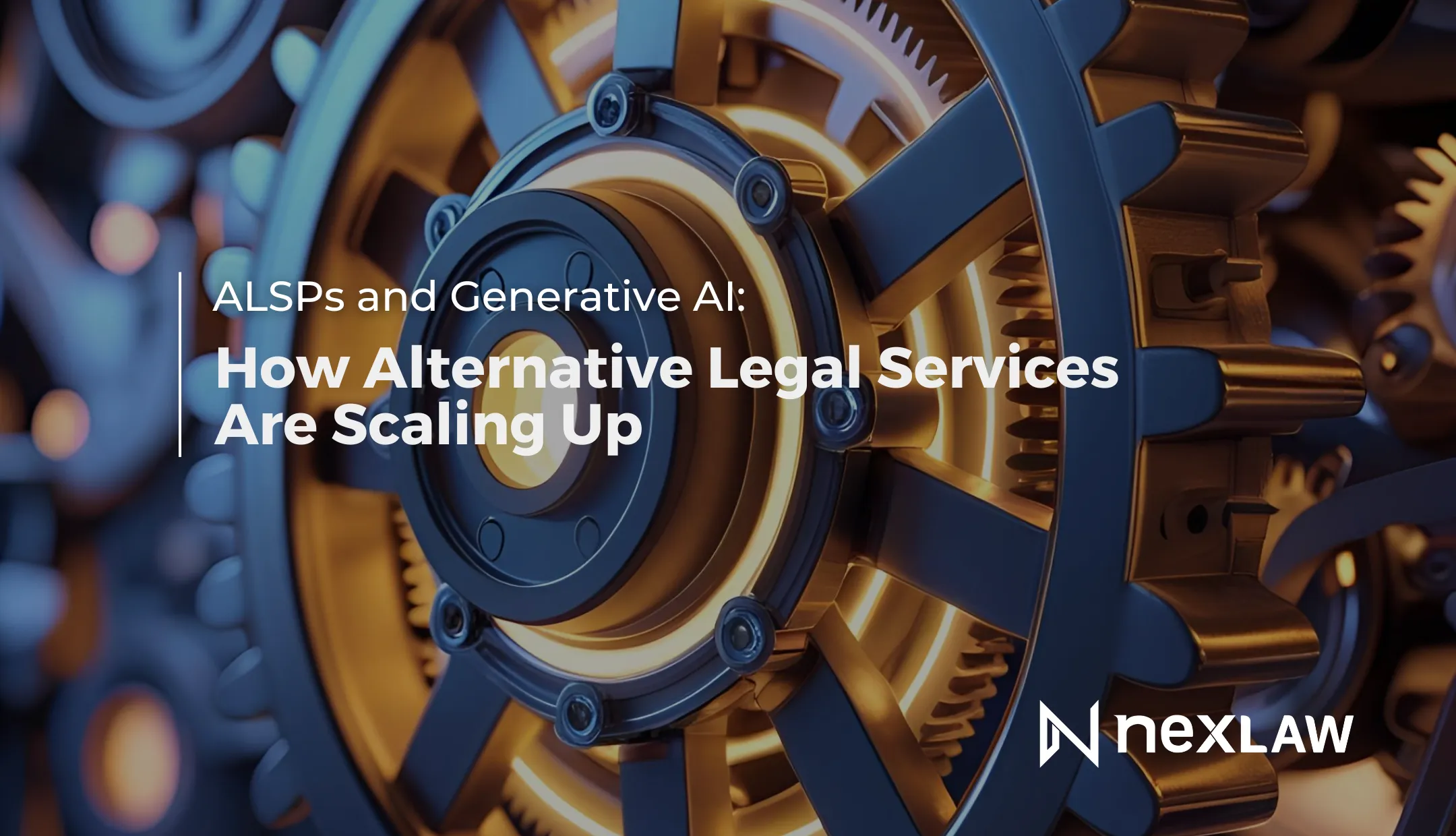Compliance in the Age of AI: What Litigators Need to Know
The AI compliance landscape for litigators reached a critical inflection point in July 2026, as industry data revealed that legal-tech startups raised $4.98 billion in 2024, fundamentally reshaping the legal technology ecosystem. For litigation attorneys, these developments signal both unprecedented opportunities and complex compliance challenges that could determine their competitive position in an increasingly AI-driven legal market.
Unlock Legal Insights Instantly
According to a July 23, 2026 Fortune analysis, “lawyers are incorporating legal AI ‘copilots’ and related tools into their workflows,” making compliance frameworks more critical than ever for professional survival and success.
Federal Regulatory Environment: The Trump Administration’s AI Approach
President Trump’s January 23, 2026 Executive Order “Removing Barriers to American Leadership in Artificial Intelligence” fundamentally altered the federal compliance landscape by explicitly revoking Biden administration policies viewed as barriers to AI innovation. This pro-innovation stance creates a permissive federal environment with significant implications for litigation practices.
Key Federal Developments:
- Complete revocation of Biden’s AI safety executive order
- Senate’s overwhelming 99-1 vote removing proposed 10-year moratorium on state AI regulations
- Commerce Department’s May 13, 2026 decision to rescind the AI Diffusion Rule
- Emphasis on maintaining American AI dominance through reduced regulatory barriers
This federal approach creates what legal analysts describe as a “regulatory patchwork” where individual states are actively filling the vacuum with their own AI governance frameworks.
State-Level Compliance Requirements: The Emerging Patchwork
California’s July 2026 Regulatory Developments
California moved aggressively on AI regulation in July 2026, with more than a dozen U.S. states passing or proposing AI laws as federal regulation stalls. Legal experts warn that “conflicting state laws could create compliance headaches for businesses,” particularly law firms practicing across multiple jurisdictions.
California’s current framework includes:
- Civil Rights Council’s final employment regulations for automated decision systems (effective July 1, 2026)
- Mandatory cybersecurity audits for AI systems processing personal information
- Enhanced disclosure requirements for AI-generated content
- Specific protections for AI-generated intellectual property
Colorado’s Pioneering AI Act Enforcement
Colorado’s AI Act, the first comprehensive US AI legislation, continues setting compliance standards that other states are adopting. The Act’s requirements for impact assessments, third-party auditing, and appeal processes have become the template for litigation firms seeking robust compliance frameworks.
Colorado’s key requirements affecting litigation practices:
- Disclosure obligations when AI systems make “consequential decisions” in legal services
- Impact assessments for high-risk AI systems used in case evaluation
- Third-party auditing requirements for covered AI applications
- Client appeal processes for AI-influenced legal recommendations
Illinois Supreme Court AI Policy Implementation
The Illinois Supreme Court’s January 1, 2026 AI policy has emerged as the most comprehensive judicial guidance for legal professionals:
- Competent understanding of AI tools used in legal practice
- Reasonable supervision of AI-generated work product
- Client notification requirements when AI significantly contributes to legal services
- Maintenance of client confidentiality when using third-party AI systems
Professional Responsibility in the AI Era
The Hallucination Problem and Compliance Risk
A Stanford HAI study referenced in July 2026 found that even the best-performing legal research AI tools “made up information in about one out of six instances,” creating significant professional responsibility concerns. The American Bar Association’s recent warnings about deepfakes and AI-generated evidence add another layer of compliance complexity for litigators.
Critical compliance considerations include:
- Mandatory verification protocols for all AI-generated legal content
- Documentation requirements for AI assistance in legal research and brief preparation
- Client disclosure obligations when AI tools contribute to legal strategy
- Professional liability insurance considerations for AI-related errors
Industry Implementation Models
Troutman Pepper Locke’s success with their internal AI system, which receives 3,000 daily prompts from staff, demonstrates effective compliance implementation. As reported in July 2026, the firm’s approach emphasizes starting with “backend admin tasks” as “a great place to start because they’re low risk.”
Best practice compliance strategies:
- Phased implementation beginning with low-risk administrative applications
- Comprehensive staff training on AI limitations and verification requirements
- Robust audit trails for AI-assisted work product
- Regular third-party compliance assessments
Litigation-Specific Compliance Challenges
E-Discovery and AI Evidence Authentication
With AI-generated evidence becoming increasingly sophisticated, litigators face new authentication challenges. The ABA warns that “defendants can now easily claim that evidence being used against them was generated or manipulated using AI,” creating compliance obligations for evidence handling.
E-discovery compliance requirements:
- Enhanced metadata analysis protocols for AI-generated content
- Chain of custody documentation for AI-processed evidence
- Expert witness requirements for AI evidence authentication
- Client disclosure of AI usage in evidence development
Predictive Analytics and Bias Mitigation
As 53% of firms use AI for legal research and 42% for summarizing legal narratives, compliance frameworks must address algorithmic bias concerns. The EU AI Act’s designation of judicial AI systems as “high risk” provides guidance for US compliance strategies.
Bias mitigation compliance measures:
- Regular algorithmic auditing by independent third parties
- Diverse training dataset validation protocols
- Human oversight requirements for AI-influenced strategic decisions
- Documentation of AI decision-making processes for client transparency
Cross-Jurisdictional Compliance Strategy
The “Highest Common Denominator” Approach
With litigation firms often practicing across state lines, compliance experts recommend implementing the most stringent requirements across all jurisdictions. This approach protects firms from inadvertent violations while positioning them as leaders in AI governance.
Multi-state compliance considerations:
- Colorado’s disclosure requirements may apply to any firm with Colorado clients
- California’s cybersecurity audit requirements could affect firms processing California residents’ data
- Illinois judicial AI policy may influence federal court expectations
- New York’s proposed workplace AI protections may impact firms with New York employees
Documentation and Audit Trail Requirements
Forward-thinking litigation firms are implementing comprehensive documentation protocols:
Essential compliance documentation:
- AI system selection criteria and vendor due diligence records
- Client consent forms for AI usage in legal services
- Quality control procedures for AI-generated work product
- Incident response protocols for AI-related errors or breaches
The Compliance Competitive Advantage
Jordan Furlong, a lawyer and legal sector analyst quoted in the July 2026 Fortune report, predicts widespread AI adoption “may be within the next couple of years.” Firms with robust compliance frameworks will capture this demand while avoiding professional sanctions.
Competitive advantages of strong compliance:
- Client confidence in AI-assisted legal services
- Reduced professional liability exposure
- Market positioning as AI governance leaders
- Readiness for evolving regulatory requirements
Troutman Pepper Locke’s July 2026 reported savings of $200,000 during their merger demonstrates that effective AI governance delivers immediate ROI while protecting against compliance risks.
Building Your Litigation AI Compliance Framework
Risk Assessment and Categorization
Conduct comprehensive audits identifying all AI tools currently in use, types of client data processed, decision-making processes involving AI input, and potential bias risks in AI applications.
Tiered Compliance Controls
- Low-risk applications: Basic disclosure and documentation requirements
- Medium-risk applications: Enhanced oversight and client notification protocols
- High-risk applications: Comprehensive auditing, third-party validation, and ongoing monitoring
Continuous Monitoring and Updates
With legal AI technology evolving rapidly and new state regulations emerging monthly, successful compliance requires ongoing monitoring processes to track regulatory developments across all practice jurisdictions.
Secure Your Future with Compliant AI Solutions
The AI compliance landscape is evolving fast, and law firms that prioritize compliance today will lead tomorrow. As Fortune put it, “there is so much that we could do if we get this right.” The key is building compliance into your tech from day one.
NexLawAI, is purpose-built for litigation with compliance at its core, including:
- Confidentiality safeguards for client protection
- Detailed audit trails for transparency and accountability
- Bias detection protocols to support ethical AI usage
- Jurisdictional compliance aligned with U.S. professional standards
Stay ahead of regulatory shifts while boosting your firm’s litigation performance.
Book a Demo – Explore how NexLaw embeds compliance into every workflow
Explore Plans – Includes a free 3-day trial to experience NexLaw firsthand
GET 15% OFF for annual plans using promo code: ANNIV15MONTHLY or ANNIV15ANNUALY
*t&c applied | visit our website for more details
